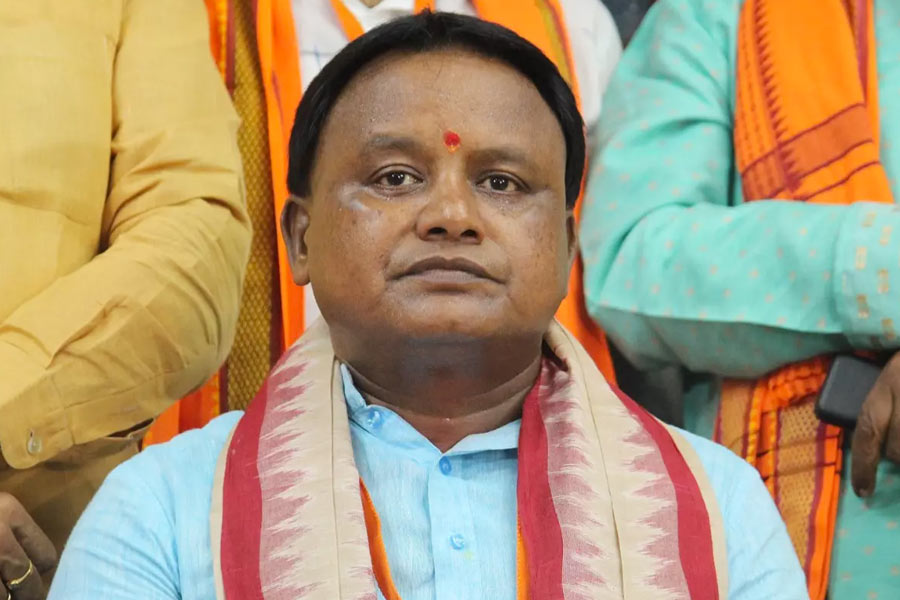The Odisha government on Tuesday said the state is strengthening the early warning systems and working with various stakeholders to minimise the intensity of natural disasters.
The state has earned fame nationwide for its robust handling of multiple natural disasters.
Revenue and disaster management minister Suresh Pujari said: "We are working collectively to further strengthen early warning systems. The Odisha government works with various stakeholders to minimise the intensity of natural disasters. We will be working with the UN, Reliance Foundation and all other stakeholders for suggestions and technological assistance. We request the organisations we work with to find ways to integrate disaster prediction with information analysis for greater accuracy in early warnings.”
Pujari made these observations while delivering a speech at a workshop on Early Warning to Early Action — A Multi-Hazard, Multi-Stakeholder Approach: Learning from Coastal Ecosystems. The convening series, being organised by Reliance Foundation and the United Nations in India office, aims to work collectively with various stakeholders to realise the goal of translating knowledge into local action.
The Reliance Foundation and the United Nations India convened stakeholders from the Global South to deliberate multi-hazard, multi-stakeholder approaches to early warning. This is the first in a series of convenings that Reliance Foundation and the UN India are organising. The Early Warning to Early Action convening series aims to document best practices, identify innovations, and deliver impactful policy-level outcomes to save more lives and livelihoods.
“We are happy that Odisha has been chosen as the first state to start this series of deliberations,” Pujari said.
Reliance Foundation CEO Jagannatha Kumar said: “As climate change drives more extreme events, there is a need to strengthen impact-based forecasting to ensure it translates more effectively to local action. We have witnessed the lifesaving potential of early warnings while serving communities during cyclones, floods and other extreme events.”
UN Resident Coordination for India, Shombi Sharp said: “We're also showcasing the Government of Odisha’s leadership in Early Warning Systems for disaster response, a crucial story to tell and an opportunity to share best practices and knowledge with other states and countries in the Global South. The UN remains committed to supporting these efforts through our various agencies, working closely with the government, civil society and partners like Reliance Foundation to strengthen Early Warning Systems and build community resilience.”
The convening facilitated South-South knowledge exchange with experts from Sri Lanka and Bangladesh sharing their best practices and highlighting the importance of strengthening collaborations. The panellists also reflected on pre-convening field visits to villages in Balasore and Bhadrak districts to see the work of Reliance Foundation and the UN India, in collaboration with the administration.










